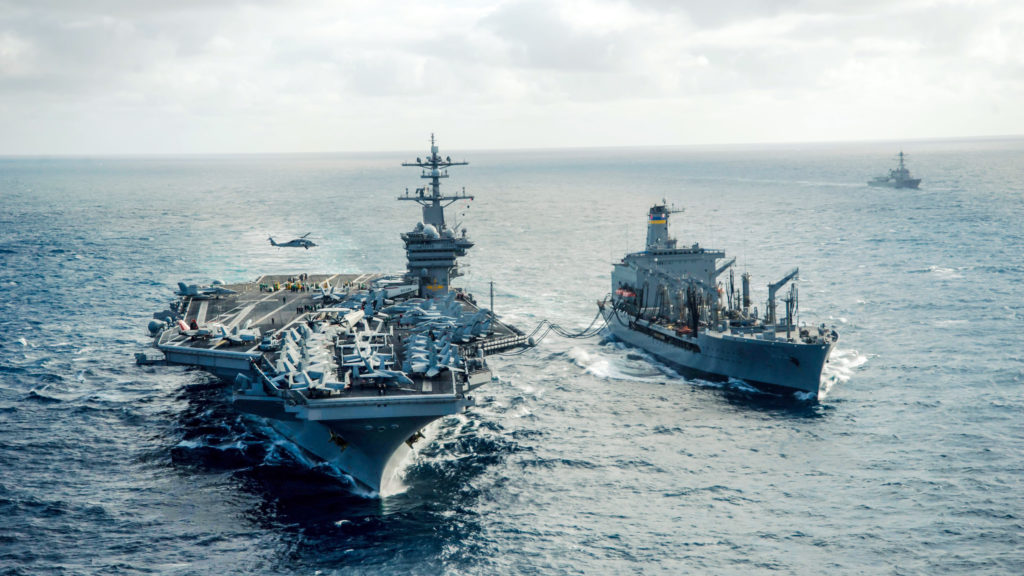The Navy-Marine Corps Court of Criminal Appeals recently issued a decision in the case of United States v. Begani that held that military retirees are not subject to court-martial jurisdiction.
Chief Petty Officer Begani retired from the Navy in June of 2017 after 24 years of active duty service and was transferred to the Fleet Reserve. He began a job with a contractor performing maintenance on military aircraft and remained near his final duty station in Iwakuni, Japan. In August 2017, Chief Begani was arrested by NCIS and soon charged with offenses related to his online communications with an undercover NCIS agent whom he believed to be a 15 year-old girl.
Article 2 of the UCMJ states that the military has jurisdiction to court-martial retired members of a regular component of an armed force who are entitled to pay, members of the Fleet Reserve or Fleet Marine Reserve, and retired members of a reserve component who are receiving hospitalization from an armed force. Under this provision, the Navy preferred charges against Chief Begani and he ultimately pled guilty to one specification of attempted sexual assault of a child and two specifications of attempted sexual abuse of a child.
On appeal, Chief Begani argued that extending court-martial jurisdiction to retirees from the regular component and not to retirees from the reserves violated his Fifth Amendment right to equal protection under the law. He claimed that because retirees from the reserves and retirees from the active duty components were similarly situated, that they could not be treated differently under federal law unless the rule was written in the narrowest possible way to accomplish a compelling government interest. By making him subject to court-martial jurisdiction, Chief Begani argued that he was deprived of certain fundamental rights that those tried in civilian courts are provided, such as the right to a grand jury and the right to a jury of his peers.
The NMCCA agreed, applying Equal Protection case law to hold that Article 2’s jurisdictional rules treated the two similarly situated groups differently, worked to deprive retirees from active duty and members of the Fleet Reserve of fundamental rights, and that the jurisdictional rules were not narrowly tailored to accomplish the goal of the military justice system—good order and discipline in the armed forces. The Court then dismissed the Chief’s conviction and sentence.
This is far from the final word on the issue, however. The decision came from a three-judge panel of the NMCCA and not the entire Court. The Government can ask for reconsideration from the panel or for reconsideration from the entire NMCCA. If this is denied, or if reconsideration leads to the same result, the Judge Advocate General of the Navy can order the next superior court, the Court of Appeals for the Armed Forces, to review the case. Once CAAF weighs in, either side could petition the U.S. Supreme Court to hear the case. It will likely be some time before the issue is settled, retirees, so don’t run out to violate your least favorite UCMJ article yet!

